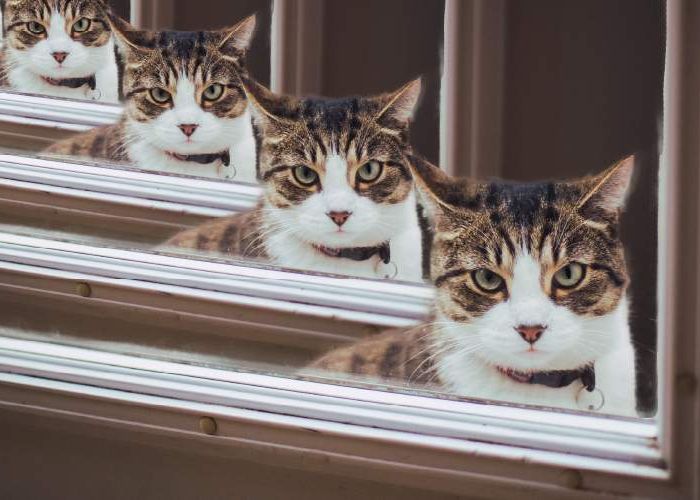

Why Quiet Quitting Might Be Good for Some Veterinary Professionals
The term "quiet quitting" became part of the professional lexicon in 2022, as employees everywhere chose to achieve work-life balance by "quitting" the idea that they must go above and beyond their job description—rather than just doing the job they were hired to do.
While some would define this as shirking responsibilities or poor performance, others choose to see it as a coping mechanism for employee stress, which is at an all-time high. Veterinarians aren't exempt from this, and unfortunately, burnout has become common. Constantly working long hours with unreasonable expectations is unsustainable—leading to a search for relief from a job's high demand.
The term "quiet quitting" is a bit of a misnomer. Someone who's quietly quitting still performs their duties with the required excellence and consistency; however, they no longer do extra, unpaid labor or subscribe to the hustle culture that has defined the standard American workplace.
My Veterinary Story
The idea of quiet quitting is foreign to many working adults in the U.S., including those in the veterinary profession. Our training as veterinarians may lead us to neglect work-life balance and work long hours with heavy appointment schedules without any breathing room between patient visits. We can feel less than or guilty if we don't take on as much work as our associates, opt to not answer calls on our days off, or tell pet owners we can't see them because we need to take lunch or go home on time.
When I was in vet school, I often felt guilty and carried around a lot of self-recrimination for a variety of reasons, including:
- I wasn't the first person there in the morning.
- I wanted to go home at a reasonable hour (such as before 7 p.m. when I had been at the hospital since 7 a.m.).
- I didn't enjoy being on call and working all weekend after already spending the majority of my time at the hospital.
The good thing is that, from this experience, I learned what I didn't want the rest of my life to look like. Pushing myself during school helped me recognize that I wanted to choose positions that supported a healthy work-life balance, didn't require me to work on my days off, and allowed me to go home at a reasonable hour, have lunch, and make a living wage—and, perhaps most importantly, not feel bad about this decision.
Beyond Quiet Quitting
While quiet quitting can help you find work-life balance, it can also help you evaluate your priorities and decide if the current position you're in is serving you or not. It's OK for you to talk to a supervisor and ask for things to be different in your job. It's OK for you to prioritize your self-care. You aren't necessarily a better veterinarian because you sacrifice your well-being for the job, and just because older generations of veterinary professionals did that doesn't make it a best practice for you.
It's OK to take a step back from a position that's draining you and find something different. The reality is that your career is not your entire life and the value you have as a human being is not defined by your productive output. It's important to note that if you do ask for change, you may run up against resistance from your manager. If you do, be patient and have grace—it's likely that they were raised and trained in a more unforgiving environment that did not have awareness nor permission to question the hustle culture and status quo.
How Veterinary Practices Can Help
On the employer side, it's important to know that employee well-being is imperative. Businesses that take responsibility for their employees' welfare are more likely to retain employees, have higher employee engagement, and recruit the best talent. When you're assessing your business, add employee well-being measurements to your benchmarks. In addition, prioritize employee health and satisfaction as part of your company culture by setting up a workplace well-being program, paying a livable wage, and participating in resources like the AVMA workplace well-being certificate program.
While quiet quitting might get a bad rap from previous generations who subscribe to the idea that you must sacrifice everything for your work, younger generations know that valuing your work-life balance and avoiding burnout are just as important as professional success. I give kudos to the younger generations who are fighting for their future and quietly saying "no" to a work ethic that no longer makes sense to them. In many ways, COVID-19 made us reassess our priorities, and if we can learn from our past mistakes, the future of veterinary medicine can be bright and balanced.







